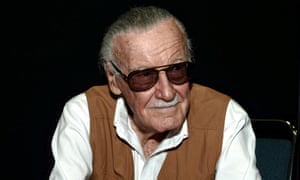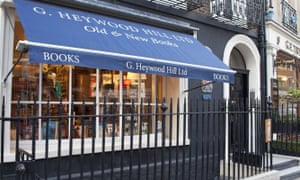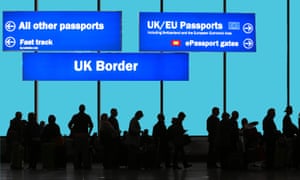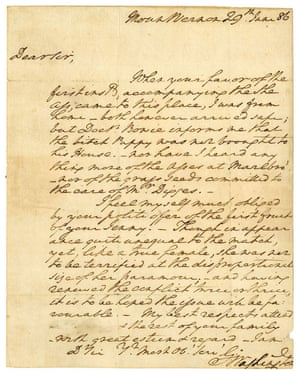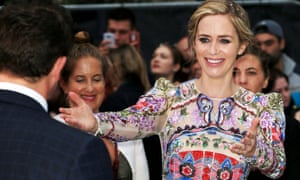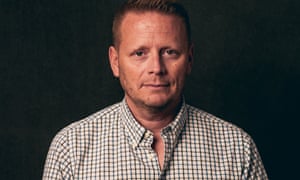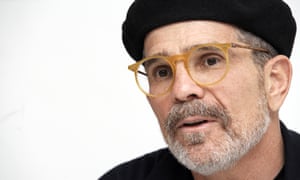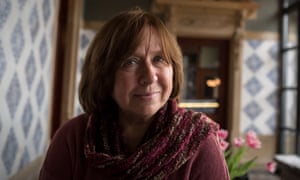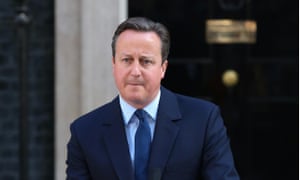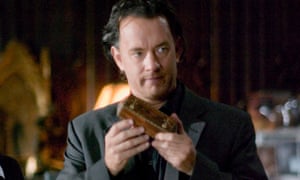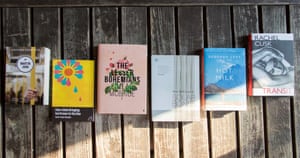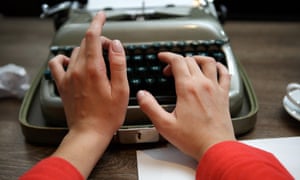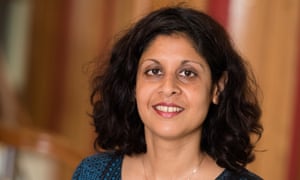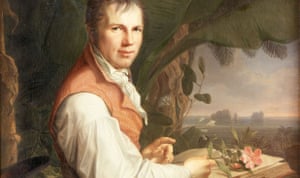Pop Culture of My Life: Jamie Lee Curtis
To celebrate her new book, 'This Is Me,' the actress, director, and acclaimed children's book author talks to EW about the books, TV, and movies she loves
My favorite book as a child
I remember loving James and The Giant Peach, but I really loved Go, Dog. Go! by P.D. Eastman. It has one of the funniest non sequiturs in all literature. In this book of opposites, big, little, up, down comes a dog in a hat asking another dog…”Do you like my hat?” The other dog says “No, I do not like that hat.” Then they say goodbye to each other. Made me laugh then and makes me laugh now as I am writing this.
A book that cemented me as a writer
I got 840 COMBINED on my SATs and could barely get out of high school. I NEVER thought I would write a book let alone 12. One day, my four year old, Annie, marched into my office and said, “When I was LITTLE I used to wear diapers but now I use a POTTY!” It made me laugh that she was talking about her past the way I talk about shags and Quaaludes. I wrote…When I Was Little; a Four Year Old’s Memoir of Her Youth. It made me laugh and then I wrote a list of then and now and realized at the end when I was crying that it was a book and it just came out of me. My books come out of me in a flow. I never anticipate when one will come and when they do I am always delighted. Annie Bananie by Leah Komaiko was a favorite of my daughter, Annie, and was a book I read countless times. It is a book about best friends saying goodbye to each other. I can recite it and do so in a moment’s notice. It has my favorite line….”Who will feed your porcupine?”
The book I’ve read over and over again
Annie Bananie, Go, Dog. Go!, James and The Giant Peach, and The Owl and The Pussycat, which I read to my son Tom every night when he was young. I love the Jan Brett version.
A classic I’m embarrassed to say I’ve never read
Black Beauty. It just seemed like we were all supposed to and I never did.
The book I pretend I’ve read
Hahahahahahaha. There is a stack that I USED to keep next to my bed so if you came over and looked in my bedroom, you might look at my stack and say…”Damn, she’s well read!” It included a book about meditation, as well as the History of Western Civilization.
The book that I read in secret as a kid
I believe it was page 52 of The Godfather where Sonny has sex during the wedding in the bathroom. I also was fond of a sex romp about stewardesses called Coffee, Tea or Me? I was a teenager. What do you expect.
The book that people might be surprised to learn I loved
Shōgun, King Rat…James Clavell novels. Early loves. King Rat saved me when I went on a vacation to the island of Sardinia with my father and his new wife and baby and my teenage sister and I was off in a room by myself. With no one to really hang out with. In this rented house was a copy of King Rat. It truly saved me from loneliness and a very boring summer vacation.
The book I consider to be grossly overrated
I try not to judge. Books are little miracles, that the words come out in their divine order and then are arranged on pages and then we get to read them. I am too big a fan of books to sit in judgment of them. I can be snarky, but I don’t need to here.
The last book that made me laugh out loud
I’m not much of a laugher with books. I rarely read books with comedy in them. I live with a very funny man and my children are both funny, so I laugh plenty at home.
The last book that made me cry
A Fine Balance by Rohinton Mistry was very emotional for me. Also, Cutting For Stone by Abraham Verghese.
My literary hero
I try to stay away from heroes and heroines. I’m not much for idol worship in any areas. The daily struggle of being human is too precious and serious for me to be flip about it. I find nurses who work in pediatric burn units to be true heroines and heroes every day. Nurses in general. People are so kind. In myriad places and ways. I truly feel that way.
My literary crush
I read nonfiction, biographies, and then long and short form fiction — rinse and repeat. I try to throw in historical fiction, which is my favorite genre. Wolf Hall and Bring up the Bodies by Hilary Mantel are as good as anything I’ve ever read.
The TV show I think doesn’t get its due
Getting On, The Americans.
The last TV series I binged
The Night Manager.
My all-time favorite movie
The Godfather: Part II.
The last book I gave as a gift
The Book of Awakening by Mark Nepo. I would like to say that I gave it WAY before Oprah started giving it. I am ahead of the Oprah curve on many things, including East of Eden which has my favorite prose ever.
“Our species is the only creative species, and it has only one creative instrument, the individual mind and spirit of a man. Nothing was ever created by two men.
There are no good collaborations, whether in music, in art, in poetry, in mathematics, in philosophy. Once the miracle of creation has taken place, the group can build and extend it, but the group never invents anything. The preciousness lies in the lonely mind of a man.
And now the forces marshaled around the concept of the group have declared a war of extermination on the preciousness, the mind of man.
By disparagement, by starvation, by repressions, forced direction, and the stunning hammerblows of conditioning, the free, roving mind is being pursued, roped, blunted, drugged.
It is a sad suicidal course our species seems to have taken.
And this I believe: that the free, exploring mind of the individual human is the most valuable thing in the world. And this I would fight for: the freedom of the mind to take any direction it wishes, undirected.
And this I must fight against: any idea, religion, or government which limits or destroys the individual.
This is what I am and what I am about. I can understand why a system built on a pattern must try to destroy the free mind, for that is one thing which can by inspection destroy such a system.
Surely I can understand this, and I hate it and I will fight against it to preserve the one thing that separates us from the uncreative beasts. If the glory can be killed, we are lost.”
John Steinbeck, East of Eden
The book I’d use to squash a bug
Fifty Shades of Grey Matter or my DVD copy of A Bug’s Life.
The song that always makes me feel better
“Sugar Sugar” by the Archies, also “You Can Close Your Eyes” by James Taylor. My husband and daughter recorded it as a gift for my 50th birthday, but I sob uncontrollably when I listen to it even though I feel better after.
The last album I listened to
Kygo, Cloud Nine.
The first album I bought with my own money
Elton John, Goodbye Yellow Brick Road.
Have I ever bought my own book in a bookstore?
I buy my books A LOT! My books are my best thing, the clearest offering of my mind and heart and humor. Thanks to my illustrating partner, Laura Cornell, these books are perfect gifts, gifts that keep on giving. I buy them for people ALL the time.
What I’m reading right now
Dalva by Jim Harrison.
